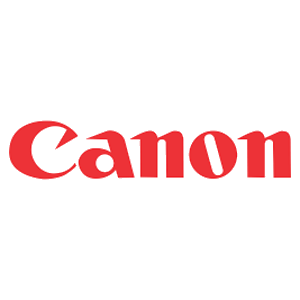
You think paying two bucks to check a bag sucks? Imagine being a skycap. For years they've depended on tips from people like you and me -- a dollar here, two bucks there. It was an unspoken but universally understood rule of curbside check in: Be sure to tip your skycap.
But then in 2005, airlines began assessing a $2 fee for baggage checked in at the curb, and skycaps watched their tips dry up. No surprise there. Most passengers either didn't understand that the cash they handed their hardworking skycap was now being deposited into the corporate coffers of Giant Airline, Inc., or simply weren't willing to tip after shelling out just for the privilege of checking a bag.
The skycaps could see that their livelihoods were at stake. So they sued. And they won.
This week a federal judge in Boston ruled that American Airlines should pay nine skycaps at Logan International Airport $325,000. The award is being split among the skycaps based on how many bags each has checked since the fee was imposed, though no one has explained exactly how that will be figured out. And the lawyer representing the skycaps is hoping to talk a judge into opening the doors for a class action lawsuit, which would cover hundreds of American's skycaps.
For its part, American says it didn't impose the fee to screw the skycaps, but was only trying to avoid following most of its competitors into bankruptcy. The airline lost a whopping $821 million in 2004, and was desperate for anything that might bolster its finances. In recent years, airlines have aggressively searched for ways to boost "ancillary revenue", which essentially means charging passengers for everything from food to exit row seats to checked baggage.
American's Ned Raynolds says that the airline is disappointed by the verdict and the amount of the award, but that it appreciates the jury's time and deliberation. You can be sure that the skycaps appreciate the jury's time and deliberation as well.
Justice being served? Or a ridiculous lawsuit with a ridiculous verdict?
Photo: KiltBear/Creative Commons 2.0





